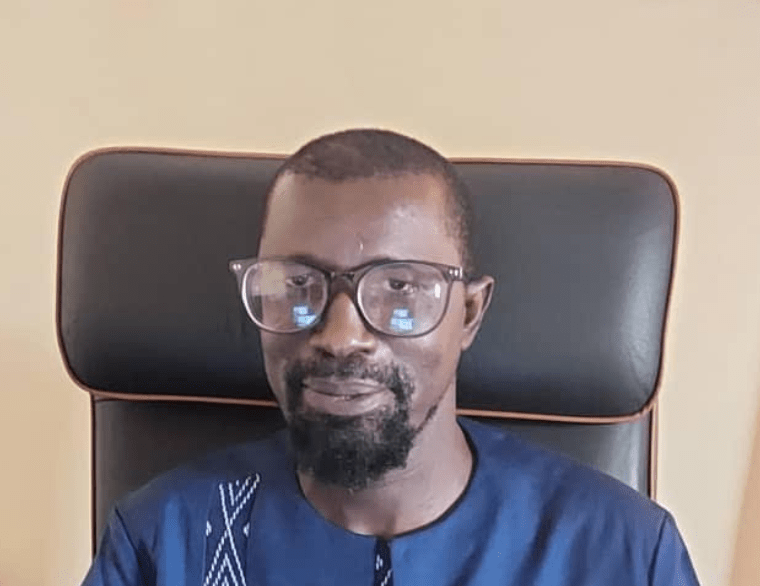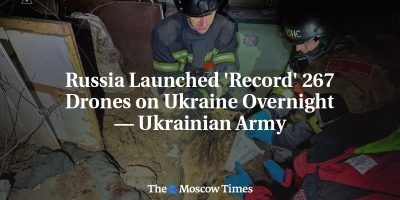– Advertisement –
By Omar Bah
The National Audit Office has raised concern at the lack of soil fertility mapping in The Gambia for the past 30 years.
Yesterday, an agriculturist told The Standard that the lack of soil quality surveys over a 30-year period could have significant and multifaceted effects on agriculture and environmental health.
– Advertisement –
An NAO report stated that National Agricultural Research Institute (NARI) officials confirmed that they have not conducted soil fertility mapping in the past 30 years. The last soil fertility mapping was done in 1990 under the GAAP project.
According to NARI, they are in the process of setting up essential equipment, including the installation of an Atomic Absorption Spectrophotometer (AA Server) machine to initiate soil fertility mapping activities as part of their agricultural research endeavours.
“This crucial step will facilitate the accurate assessment and spatial analysis of soil properties for informed decision-making in agricultural practices and land management. They are trying to establish the necessary equipment in order to start the soil fertility mapping which includes the installation of the AA server machine,” NAO added.
– Advertisement –
Based on the principle of Integrated Plant Nutrition Systems, NAO added, soil fertility research needs to explore all possible sources of plant nutrients in an integrated manner appropriate to each farming situation.
“The Ministry of Agriculture indicated that an AA Server, which is a comprehensive soil testing machine, was commissioned and soil fertility mapping was done. Physical verification at NARI soil testing lab confirmed that in 2022, the FAO procured an AA Server machine, which was installed at the NARI head office.
The Ministry of Agriculture also acquired an AA Server in 2022 but its installation was delayed as a designated space needed preparation in Sapu.
The AA Server obtained by FAO has a higher capacity compared to the one acquired by the ministry. At the time of our verification, neither of these AA servers was operational due to limited technical capacity among NARI personnel,” the audit report added.
NAO said FAO organised a three-day training session but NARI stated that this duration was insufficient to adequately equip the staff with the necessary skills to operate such sophisticated machinery, ultimately defeating the intended purpose behind the procurement of these advanced servers.
“The proof requested from NARI for the training activities included in their budget from 2021 was not provided. It is imperative for NARI to expedite adequate training and support to ensure the proper functioning of this advanced equipment.” the report stated.
















